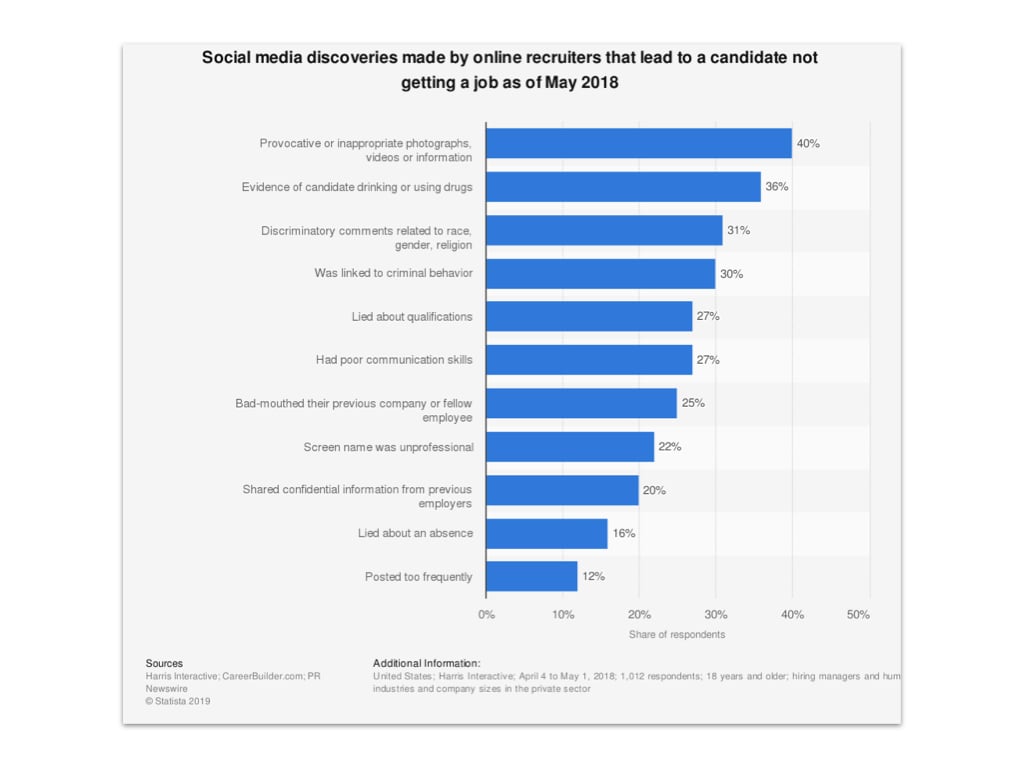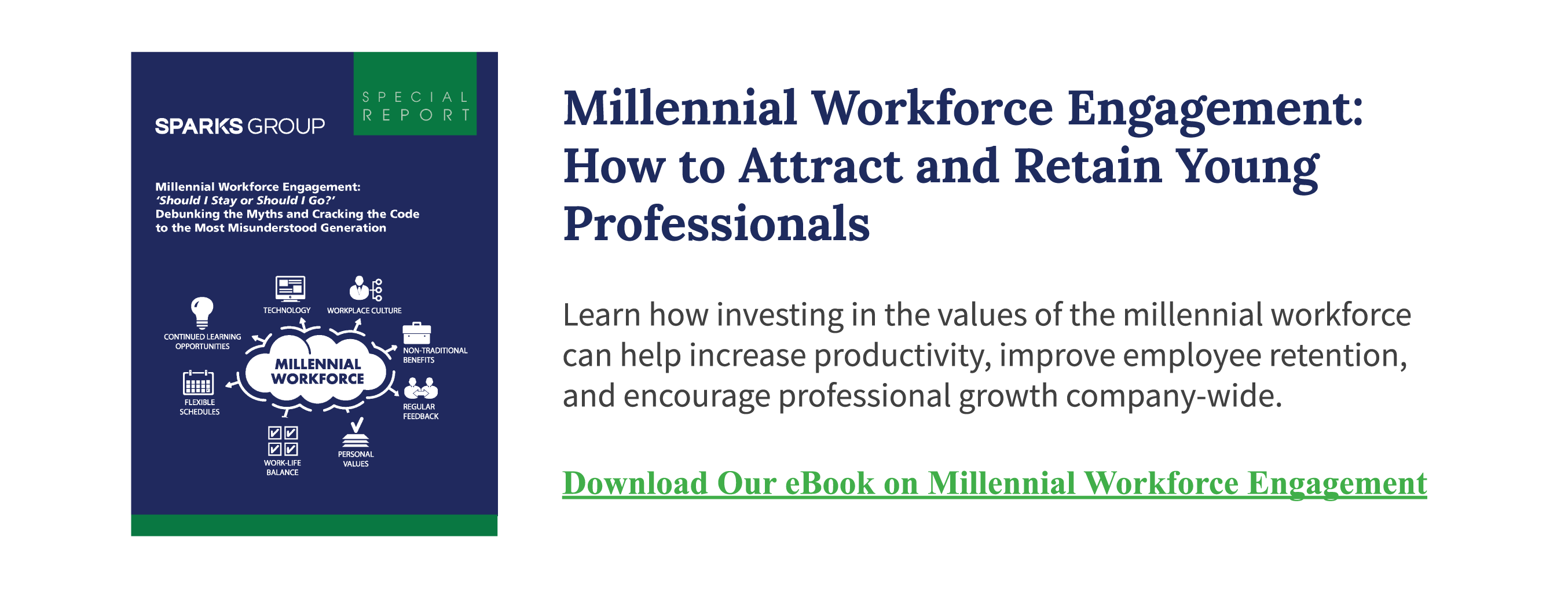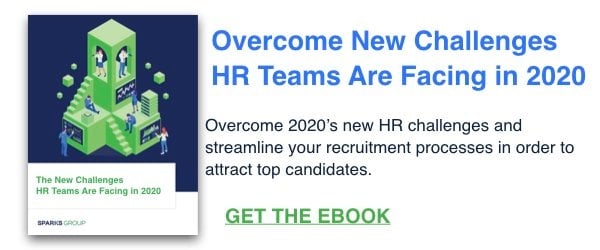
Candidate evaluation is one of a recruiter’s most important responsibilities. Screening candidates and selecting the one that is the best fit for the organization is a specialized skill. Screening technical candidates for soft skills, cultural fit, and technical competencies adds another level.
Hiring the wrong person for an open position can significantly impact a company, considering both the direct costs associated with recruiting a replacement and the indirect costs a bad hire can have on productivity, morale, and quality of work throughout the organization.
Related Reading: Uncovering Cost to Hire: How a Bad Hire Impacts Your Bottom Line
Attempting to evaluate candidates remotely can be even more complicated. Nonverbal communication adds a significant dimension to interactions with job applicants, and it can be difficult to bridge the gap created by remote screening. Some candidate evaluation techniques remain the same regardless of location, but some can be optimized to meet the unique challenges of remote recruiting.
Improve Remote IT Recruiting
Optimize Applicant Tracking Systems
Refine Workflow
An ATS should be customizable to a certain extent, allowing users to build custom workflows that show precisely where each candidate is in the process, actions taken, and outline the next steps. Tracking and alerts help ensure that nothing falls through the cracks – a real concern when managing interviews remotely.
Interviewers evaluating technical candidates can customize workflows to include assessments by peers, hiring managers, or pre-employment testing on technology, which are not required for other types of positions.
Related Reading: Top Benefits Of An IT Staffing Agency
Align With Remote Processes
Outline the evaluation process ahead of time: will you be using collaborative or team interviews during the selection process, or do you prefer to schedule progressive interviews that engage different hiring team members separately? The ATS should align with these processes, and workflows reflect custom progressions for each hire.
Evaluating IT candidates often requires a different approach than candidates from other departments, as it may take a different evaluation system to assess technical knowledge and aptitude. For example, a person working in accounting may be evaluated with interviews, possibly an accounting or finance assessment. Alternatively, a technology candidate would likely need interviews, technology evaluations by a peer, and the hiring manager, as well as a battery of pre-employment assessment tests to gauge technical proficiency in required areas.
Make sure that your technology evaluation systems are remote-optimized - one-on-one interviews, team interviews, and pre-employment assessment tests should all align to evaluate technical competencies, regardless of location, accurately.
Automate
Automation can help to streamline remote evaluation processes and make them more efficient. See if your ATS supports the automation of emails, offer letters, requisitions, and approvals, or includes other functions that can streamline processes and eliminate delay.
Qualified technology candidates are in high demand and are likely to drop out of a hiring process that is tedious, complicated, or that leaves them hanging without feedback. Automate your processes to ensure efficiency, and regular follow-up, to help keep professional ghosting to a minimum.
Spot Check
If you use an ATS for initial resume screening, conduct a spot check periodically. This is to ensure that the right resumes are being forwarded and qualified candidates aren’t being mistakenly eliminated due to inaccurate job descriptions or ATS keyword settings.
You might find that an IT candidate is technologically proficient but doesn’t have the experience with resume-writing to pass initial screening by the ATS. Or perhaps an outdated job description with incorrect qualifiers causes you to miss out on talented candidates.
Check References
The Society for Human Resource Management found that 53% of all job applications contain inaccurate information.1 Resume fraud can present a significant cost to employers, putting their revenues, customers, and business at risk.
Reference checks are important, providing independent verification of the claims made on resumes and in interviews. They are even more important for evaluating candidates in IT based on different attributes, including: technical skills, soft skills, capabilities, and aptitude. A reference can help provide much-needed insight that existing evaluation tools cannot thoroughly address.
Automated reference checks are becoming a more popular choice for recruiters; they are easier to distribute and more efficient, and have a significantly higher completion rate (82%, versus 30% for a phone reference2). However, with an automated reference check, recruiters lose another opportunity for interaction and organic insight – already slim when evaluating remote employees.
Review Online Presence/Social Media
3 out of 4 hiring managers check an applicant’s social media accounts, even if the information is not provided as part of the application process or on the resume. And one of three have rejected a candidate based on what they discovered on social media.3
https://www.statista.com/statistics/260147/damaging-social-media-discoveries-made-by-online-recruiters/
Social media can be an illuminating source of information and insight about job applicants, providing a glimpse behind the personal presented during a remote interview process.
However, recruiters must take care with how they utilize social media screening as part of the evaluation process. Inconsistent screening, or lack of documentation, may expose the company to discrimination claims.
GitHub is also an excellent place to learn more about technical candidates. An open-source repository, GitHub allows developers to share open-source projects that they are working on. Recruiters can create a user account and search GitHub for a candidate (by email or username), to see the projects they have shared first-hand. Available information includes:
- The websites they have chosen to display
- The contributions they have made to different projects
- The number of people following them on the platform.
Optimize Remote Interview Processes
Interactive Video Interview
An interactive video interview may be the closest thing a remote recruiter can get to an in-person interview. It provides a shared experience, with both interviewer and candidate able to ask questions, react and respond at the moment, and learn more about one another. For an IT candidate, the recruiter may want to consider a collaborative team interview, where the applicant speaks with several different people at the same time: a recruiter, hiring manager, technology expert, peer – whatever makes the most sense for the position. This is important for IT candidates because each member of the hiring team can assess a different aspect of the job: communication and soft skills, leadership and aptitude, experience, and specific technological knowledge. A team interview can access candidates on unique factors simultaneously, and different evaluators can compare results to find the best candidate for the job.
Related Reading: How to Build a Remote-Enabled Tech Stack
One-Way Video Interview
A more recent development in video interviews is the one-way or asynchronous video interview. In an asynchronous video interview, the interviewee is given access to a platform through an online portal and records a video of themselves answering interview questions. The interview can be completed at the candidate’s convenience and evaluated at the recruiter’s convenience, eliminating scheduling challenges. Moreover, different members of the hiring teams can review the interview, inviting feedback from a variety of stakeholders in the company and making it easy to compare one candidate to another.
For an IT candidate, a one-way interview is particularly useful. Response times can be limited, so candidates must be direct and focused in answering - avoiding the all-too-common extended response to a specific question. Moreover, the same interview can be evaluated by both technical and non-technical personnel.
Assessment Tests
Finally, one of the key ways a company can evaluate an IT candidate is by conducting pre-employment assessment tests. These tests are available from a variety of sources and can be used to evaluate an IT candidate’s technical skills accurately. Pre-employment assessment tests provide an unbiased measurement of a candidate’s competencies in key areas necessary to job performance and help to reduce the risk of a bad hire.
Moreover, hiring teams can conduct assessment tests to evaluate more than hard technical skills: they are also available for soft skills, and to measure an employee’s aptitude in different areas. Just be careful when applying pre-employment testing: make sure that it is used as a resource, to get to know the candidate better, not as a barrier to entry.
Related Reading: How to Evaluate the Results of a Job Assessment Test
Evaluating candidates is a complicated, nuanced process – one that is made more difficult when conducted remotely. Remote evaluation changes the type of communication and eliminates some of the insight normally provided by in-person interactions. However, remote evaluation of IT candidates can still be practical: with a strategy and a comprehensive process, you can still engage top IT talent no matter where they are located. Tech recruitment companies can provide the assistance hiring teams needs to secure top IT talent.
Sparks Group is a nationally-awarded, certified-diverse staffing agency with proven experience in finding the right candidate for every open position. As a staffing partner, Sparks Group can also help companies streamline and improve recruitment processes to ensure the best possible outcomes. Contact Sparks Group today to connect with top talent and improve your recruitment efforts.
[2] https://www.hrdive.com/news/you-can-automate-candidate-reference-checks-but-should-you/449013/
[3] https://www.themuse.com/advice/job-seekers-social-media-is-even-more-important-than-you-thought







